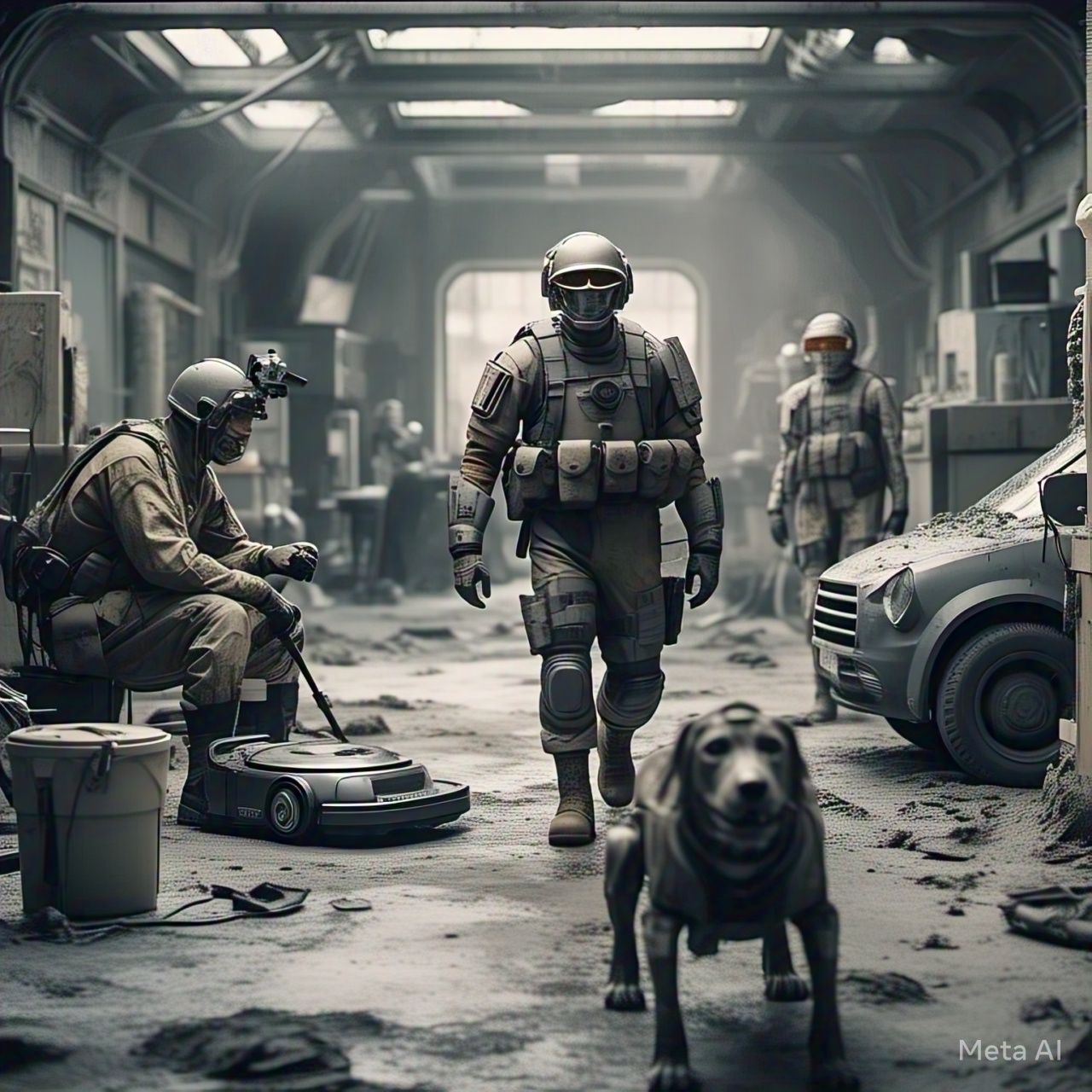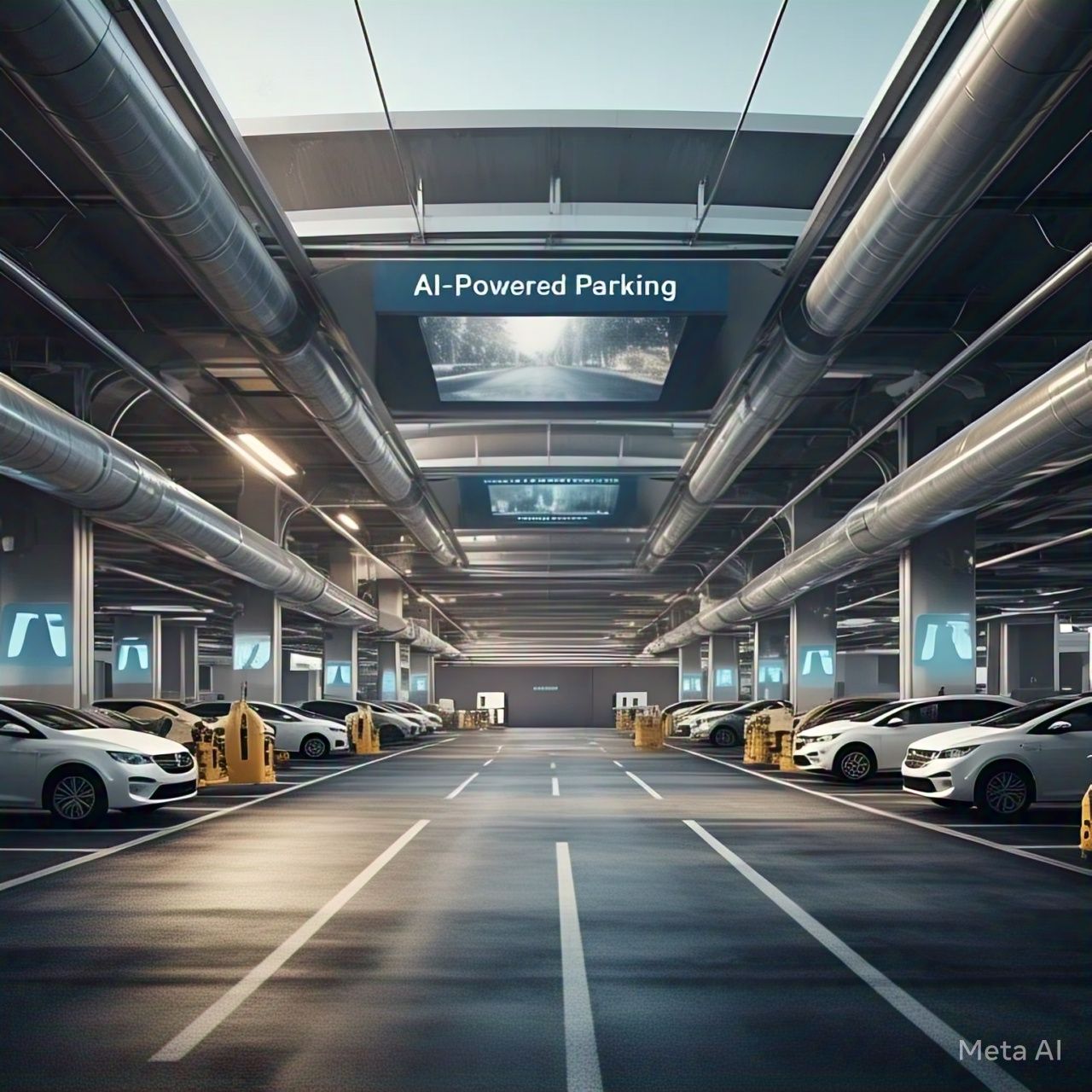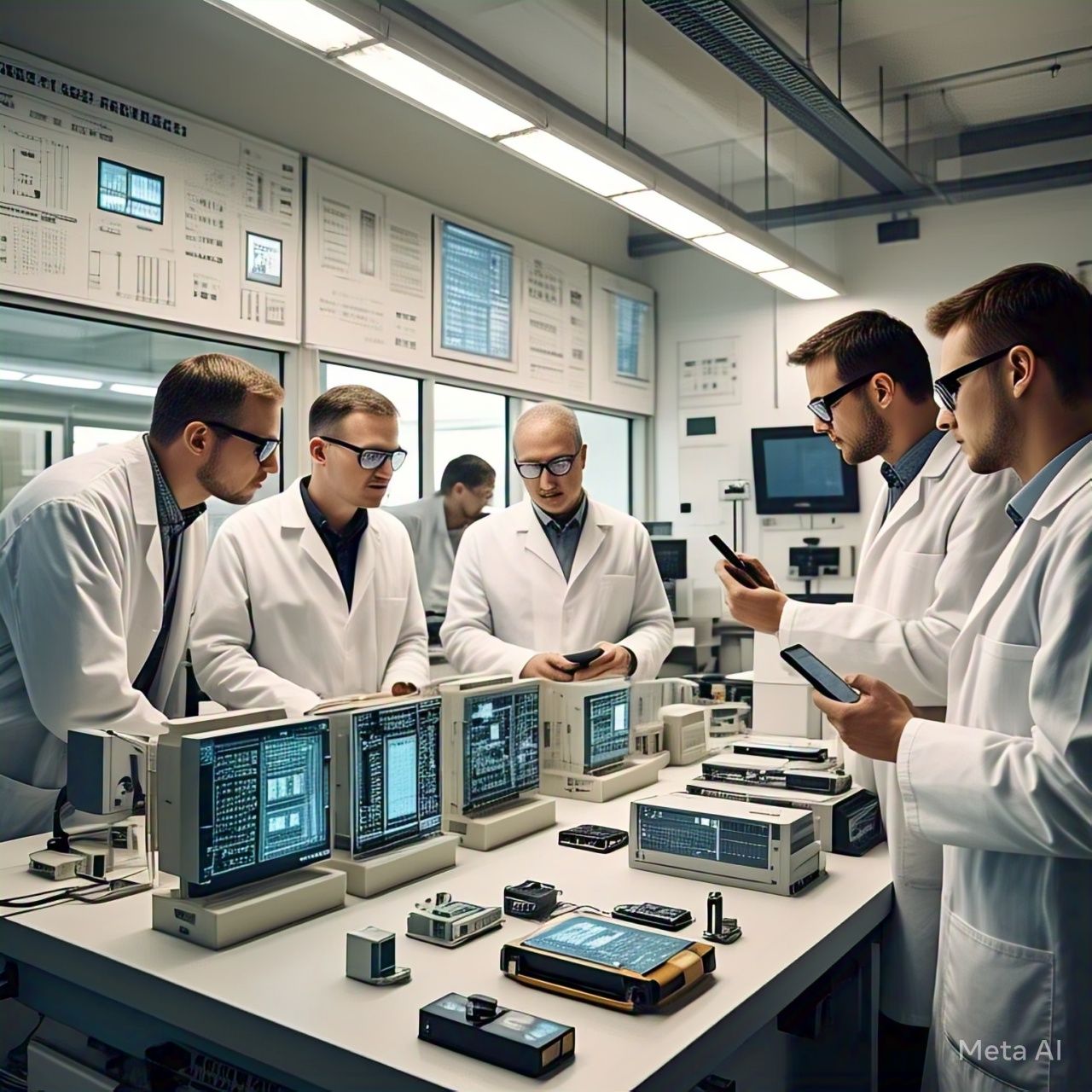Table of Contents
- Introduction
- AI in Everyday Life: Revolutionizing Homes
- AI-Powered Smart Homes
- Virtual Assistants and Smart Devices
- AI and Personal Data Privacy Concerns
- AI in Military and Warfare: The Future of Combat
- Autonomous Weapons and Defense Systems
- AI in Surveillance and Intelligence Gathering
- Ethical Implications of AI in Warfare
- AI in Healthcare: Saving Lives with Smart Technology
- AI in Disease Diagnosis and Predictive Healthcare
- AI-Assisted Surgeries and Robotic Precision
- Remote Patient Monitoring and Telemedicine
- AI’s Impact on Business and Economy
- AI in Workplace Automation
- AI-Driven Decision Making in Corporations
- Ethical and Workforce Challenges in AI Integration
- The Future of AI in Society
- The Road to AI and Human Coexistence
- The Debate Over AI Governance and Ethics
- The Future of AI and Human Jobs
- Conclusion
- Frequently Asked Questions (FAQs)
- References
1. Introduction
Artificial Intelligence (AI) is revolutionizing nearly every facet of human life, from our homes to our workplaces, military applications, and healthcare systems. AI is no longer a futuristic concept—it is a present-day reality that continues to reshape how we interact with technology and each other. As automation, machine learning, and intelligent systems evolve, our world is experiencing a significant shift in how we live, work, and protect our societies.
This article explores how AI is transforming our daily lives, military operations, and healthcare systems. By understanding the impact of AI, we can navigate the ethical and societal implications and shape a future where human ingenuity and AI capabilities complement each other rather than compete.
2. AI in Everyday Life: Revolutionizing Homes
AI-Powered Smart Homes
Smart home technology, driven by AI, has become a standard feature in many households worldwide. AI assists in automation, convenience, and security. Some examples include:
- Smart Assistants: Devices like Amazon Alexa, Google Assistant, and Apple’s Siri help manage daily tasks, control smart home gadgets, and provide personalized recommendations.
- Smart Thermostats & Energy Efficiency: AI-driven thermostats like Nest learn user preferences and adjust temperatures automatically to optimize comfort and energy savings.
- AI in Home Security: Smart security cameras, facial recognition software, and automated alerts enhance home safety.
Enhancing Daily Routines
AI-powered virtual assistants help users manage daily activities, from setting reminders to adjusting lighting and entertainment preferences based on mood and habits.
Privacy Concerns and Ethical Considerations
- AI devices collect and analyze vast amounts of personal data, raising security and privacy concerns.
- The need for stronger data encryption and consumer control over their personal data is more significant than ever.
3. AI’s Role in Warfare: Transforming Military Operations
AI-Enhanced Battlefield Strategies
AI is changing modern warfare with autonomous drones, predictive analytics, and robotic soldiers. Some key aspects include:
- AI-Enabled Drones: These can autonomously surveil enemy territory, reducing human risks.
- Automated Decision-Making in Warfare: AI supports military commanders by providing data-driven strategies and risk assessments.
- Cyber Warfare & AI: AI enhances national security by detecting cyber threats and preventing data breaches.
- Ethical Dilemmas: The potential for autonomous AI-driven weapons to operate with minimal human intervention raises moral and legal concerns regarding the accountability of AI-driven attacks.
4. AI’s Impact on Healthcare
AI in Disease Detection and Treatment
- AI can analyze medical images (X-rays, MRIs) to detect diseases like cancer and tumors early.
- Machine learning models predict health risks, improving preventive medicine.
- Personalized medicine, where AI tailors treatments based on patient data, is becoming more common.
AI in Surgery and Robotics
- Robotic-assisted surgeries enhance precision, reducing the chances of human error.
- AI-powered robots assist surgeons by offering improved visualization, real-time feedback, and greater control over delicate procedures.
- The combination of human expertise and AI precision leads to better patient outcomes.
Remote Patient Monitoring and AI-Driven Healthcare
- Wearable AI devices continuously monitor vital signs like heart rate, glucose levels, and oxygen saturation.
- AI chatbots provide mental health support by offering cognitive behavioral therapy and immediate crisis intervention.
- AI is bridging the gap in rural healthcare, providing remote patient monitoring and access to expert medical advice.
5. AI’s Impact on Business and Economy
Enhancing Productivity and Automation
- Businesses are automating customer service, data analysis, and financial forecasting with AI.
- AI is reducing human error in logistics, supply chains, and inventory management.
Human-AI Collaboration in the Workforce
- AI tools enhance human decision-making in finance, healthcare, and manufacturing.
- Human workers focus on creativity, emotional intelligence, and strategic tasks, while AI handles data-heavy and repetitive processes.
- Concerns arise about AI replacing jobs, leading to the need for re-skilling and workforce adaptation.
8. Frequently Asked Questions (FAQs)
1. How is AI impacting everyday life?
AI is integrated into daily life through smart homes, virtual assistants, and personalized recommendations on platforms like Netflix and Spotify. It is also helping optimize daily tasks such as energy consumption and security.
2. Can AI completely replace humans in jobs?
While AI automates many repetitive and data-driven tasks, it is not expected to replace humans entirely. Instead, it will likely work alongside humans, enhancing decision-making, efficiency, and productivity in various industries.
3. How is AI used in the military?
AI is used for surveillance, cyber warfare, autonomous drones, and predictive analytics to assist military commanders in making strategic decisions. However, the ethical implications of autonomous weapons remain a concern.
4. How is AI improving healthcare?
AI helps in early disease detection, drug development, robotic-assisted surgeries, and remote patient monitoring. It also plays a growing role in mental health through AI-powered chatbots and virtual therapy.
5. Is AI a threat to human privacy?
Yes, AI poses privacy concerns due to the vast amount of personal data it collects. Without proper regulations and security measures, AI systems may be vulnerable to data breaches and misuse





